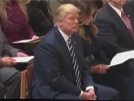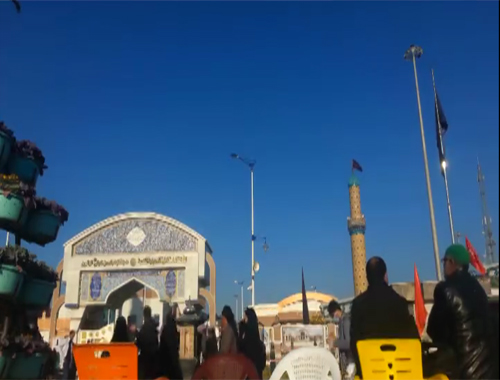Islamic Economy
- Details
- Hits: 2419
Islamic Economy
From a study of the Islamic teachings in the economic field we come to the conclusion that this divine system has paid profound attention to the effective role of economic questions in human life and has taken precautionary measures against the harmful effects of economic injustice.
Before entering on the detailed discussion of Islamic economy, we would like to draw your attention to a few points deduced from the Islamic texts:
Man should always maintain his freedom and should see that his human dignity is not hurt. Imam Ali (P) says:
"Do not be a slave of others because Allah has created you free".
(2) The divine teachings always revolve round the principles of justice, virtue and benevolence to the kindred. They are at war against all that is nasty, undesirable and unjust.
The Qur'an says:
"Surely Allah enjoins justice, kindness and giving to kindred, and He forbids indecency, wickedness and oppression. He exhorts you so that you may take heed ". (Surah al‑Nahl, 16:90).
Hence the general spirit, which governs all Islamic teachings, consists of support to justice and fair‑play, doing good to others, care of the kindred and fight against injustice and corruption. This is the basic criterion for judging the true teachings of Islam in all fields.
(3) The earth and all that is in it belongs to all the people and not to any particular group or class.
The Qur'an says:
"He has laid the earth for His creatures. On it there are fruit and blossom‑bearing palm trees, chaff‑covered grain and fragrant herbs". (Surah al‑Rahman, 55:10 ‑ 12).
(4) Allah has entrusted the task of reclaiming the land to human beings:
"He brought you forth from the earth and has made you husband it". (Surah Hud, 11:61).
(5) Allah does not like that the economic benefits may be monopolized by a particular class or that wealth may circulate only among the affluent:
"So that wealth may not become exclusive for the rich among you ". (Surah al‑Hashr, 59:7).
(6) To live on the labour of others and to be a burden on them debars one from the favour of Allah:
The holy Prophet has said:
"Accursed are those who put their burden on the people".
(7) Wealth should be acquired by lawful and not by unlawful means:
The Qur'an says:
"Do not usurp one another's property by unjust means". (Surah al‑Baqarah, 2:188).
The profit of an individual or a group should not involve the loss to others:
The holy Prophet has said:
"In Islam there is nothing causing damage to the people or allowing anyone to cause damage to others".
These are some of the general principles which should always be kept in mind while identifying practical systems of Islam including its economic system.











